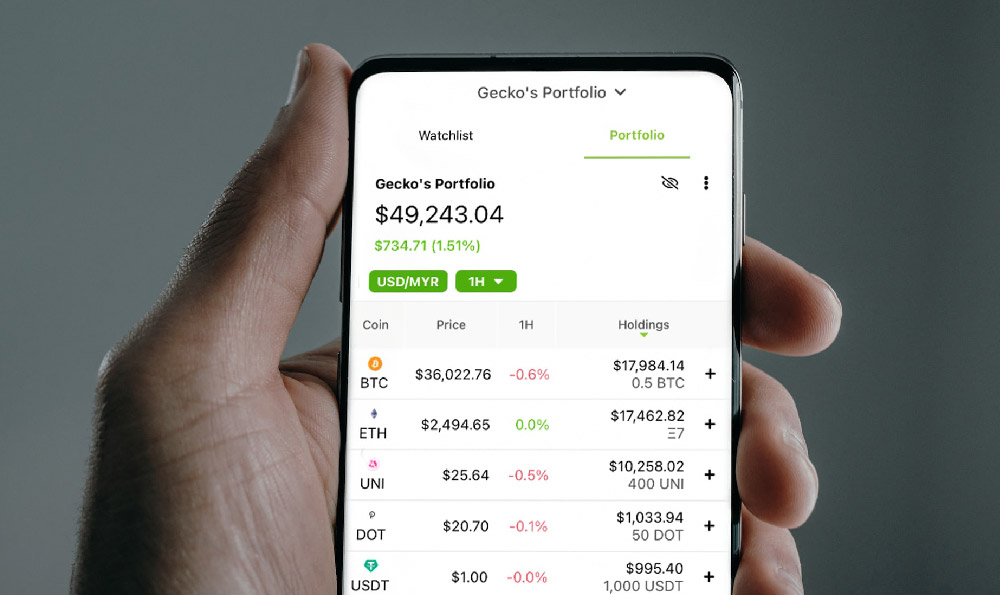The notion of turning a passion for music into a paying job is a dream for many. While simply listening to music recreationally doesn’t constitute employment, there are indeed numerous avenues to explore where your auditory skills and musical appreciation can translate into income. However, it's crucial to understand that these roles often require specific skills, dedicated effort, and a professional approach.
One of the more established routes is music reviewing and journalism. Publications, both online and print, constantly seek individuals capable of articulating insightful and well-informed opinions on new releases, classic albums, and live performances. To succeed in this field, you'll need more than just a love for music. Strong writing skills are paramount; the ability to convey your thoughts clearly, engagingly, and critically is essential. Building a portfolio of published reviews, even if they start on your own blog or contributing to smaller outlets, is vital to showcasing your writing prowess and building credibility. Understanding music theory, different genres, and the historical context of music will significantly enhance your reviews and make you a more sought-after reviewer. It's also important to develop a network of contacts within the music industry, which can be facilitated by attending concerts, conferences, and networking events. Remember, standing out in a competitive field requires developing a unique voice and perspective that sets you apart from other reviewers.
Beyond traditional journalism, the rise of blogging and vlogging has created new opportunities for music enthusiasts. Starting a music blog or YouTube channel allows you to share your opinions, analyses, and discoveries with a potentially large audience. Success in this area depends heavily on consistency, creativity, and engagement. Regular content creation is key to keeping your audience interested and attracting new followers. Experimenting with different formats, such as album reviews, artist interviews, live performance coverage, and even creating your own music-related video essays, can help you find your niche and build a loyal community. Actively interacting with your audience through comments, social media, and live streams will foster a stronger connection and encourage further engagement. Monetization can be achieved through advertising, sponsorships, affiliate marketing (promoting music-related products and services), and selling merchandise. Patience is key, as building a successful blog or YouTube channel takes time and effort.

Another interesting area is music curation for streaming services and playlists. Companies like Spotify, Apple Music, and Pandora employ individuals to curate playlists and genre stations, selecting music that aligns with specific themes, moods, or demographic groups. This role demands a deep understanding of musical trends, the ability to identify emerging artists, and a meticulous attention to detail. Understanding the algorithms that power these platforms is also beneficial, as it can help you select music that is more likely to be discovered and enjoyed by listeners. Some companies might require specific musicological knowledge or experience in the music industry. Developing a strong track record of creating successful playlists on your own and showcasing your curation skills through online platforms can significantly increase your chances of landing such a role.
Music licensing offers another potential avenue for earning money through listening. Companies that license music to films, television shows, commercials, and video games often require individuals to screen and catalog music to identify suitable tracks for their projects. This role requires a keen ear for detail, a comprehensive understanding of different musical styles, and the ability to match music to specific visual or thematic elements. Familiarity with music licensing agreements and copyright law is also advantageous. While this role might not involve actively listening for pleasure, it does require you to engage with music on a professional level and contribute to its placement in various media outlets.
Finally, music transcription and analysis can provide income for musically inclined individuals. This involves listening to recordings and accurately transcribing the notes, chords, and rhythms into written form. Musicians, composers, and music educators often require transcriptions for various purposes, such as learning new pieces, analyzing musical styles, or creating arrangements. Strong music theory knowledge, excellent aural skills, and proficiency in music notation software are essential for this type of work. Similarly, analyzing music for its harmonic structure, melodic content, and rhythmic patterns can be valuable for research, educational purposes, or even assisting AI music generation systems.
In conclusion, while getting paid solely to listen to music is an oversimplification, numerous opportunities exist where your musical knowledge and listening skills can be translated into income. These roles typically require specialized skills, dedication, and a professional approach. Building a strong portfolio, networking within the music industry, and continuously developing your skills are all crucial steps towards turning your passion for music into a sustainable career. Remember that the music industry is competitive, and success requires perseverance, adaptability, and a genuine love for the art form. Focus on honing your skills, building your network, and consistently demonstrating your value to potential employers or clients.












